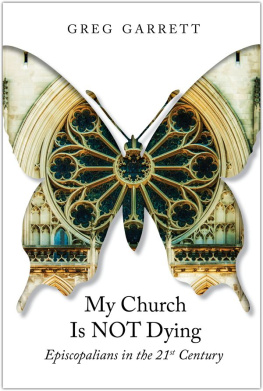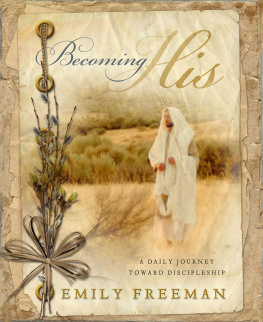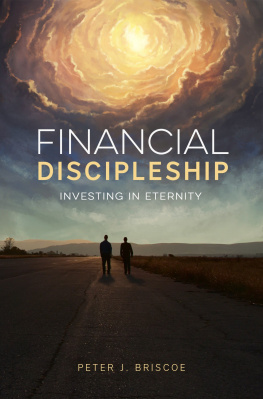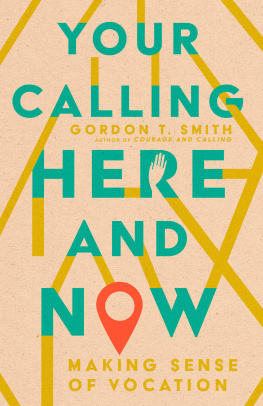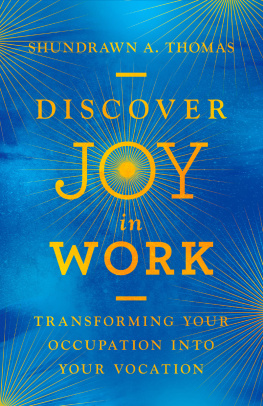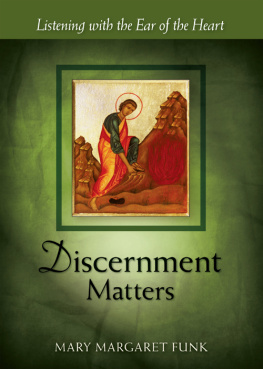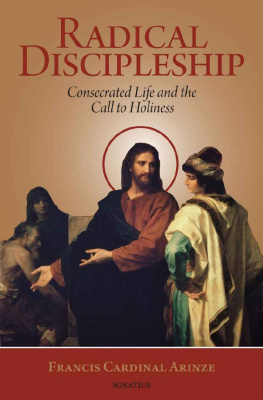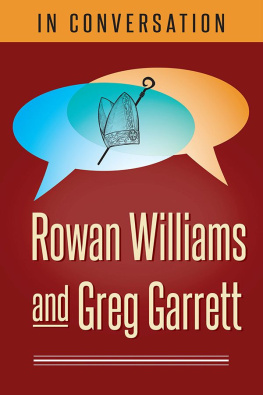For Ken Malcolm, who hiked this trail with me.
Thanks, Brother.
Contents
Prologue
I t was my last night in Germany. It had been a rushed tripfive days sandwiched in between two weeks of teaching in New Mexico, with public speaking engagements in Munich and Stuttgart talking about religion and film, and a meeting with a Stuttgart writing group to talk about writing and publishing. The organizer of that writing group, Karenne, and I were walking the streets of downtown Stuttgart. We had lost a couple of members of the group when we emerged from the hauptbahnhof the train stationand set off toward the theater where we were going to see a play written by another of the members, and we backtracked through the central city to see if we could figure out where wed lost them.
As we walked, Karenne asked me about my life and about my future. This is not as strange as it seems: Self-disclosure is an important element of my writing and public speaking, and people often respond to that openness by asking other personal questions, sensing that perhaps something in my experience might be a help in their own journey. Two nights earlier, Karenne had been part of the audience in the Kino Kommunales, the Stuttgart movie theater where I gave a talk on good and evil in American film. The last movie I discussed was 3:10 to Yuma , a Western written by friends of mine that focuses on an outlaw played by Russell Crowe, who is transformedat least for a bitthrough the good represented by a rancher played by Christian Bale. I find the movie both entertaining and inspiring, an authentic spiritual vision of what can happen in this life. I do believe with all my heart that transformation is possible, that people can change.
Afterward, during the Q and A period, Karenne had asked me a probing question about whether I could think of any really bad people who had been transformed by grace and their own desire for new life into good people. It seems the worst people stay bad, she said. And they go on hurting other people until someone else stops them.
Well, I was on the spotstanding in front of a group of people in a foreign land, my so-called theological expertise about to be laid bare. At first I couldnt even think of a really evil person. Or, rather, the only one I could think of was Hitler, and clearly we werent going anywhere there. Not the best way to endear myself to my German hosts, and anyway, there wasnt much of an upbeat spiritual ending to that story.
And then something came to me that felt like an answer. As gently and as honestly as I could, I said, I think youre right. History is full of people who never stopped being evil. But I can think of one person who was changed from darkness to light. Me.
For although I never murdered the innocents, robbed banks, or stole Social Security checks from great-grandmothers, during that long stretch of my life when I was in the throes of deep and life-threatening depression, I hurt other peopleoften the people I loved mostwith my selfishness, my anger, my inability to look outside my own suffering, my conscious decision to pursue my own will. I was not entirely under my own control, the bus didnt always turn when I turned the wheel, but theres no denying that it had been a disastrous life with me at the controls. And while I hope and pray that I also helped some people along the way, during that time, I lost three marriages, I lost the chance to be a part of my sons daily lives, and I spread rage, guilt, and shame around me like a water sprinkler turned up high.
But in the early years of this millennium, when it became clear that I was not going to get any better physically, emotionally, or spiritually pursuing my own wisdom, when it seemed that the only path out of the pain I was inflicting and suffering seemed to be to leave this life altogether, I suddenly experienced this momentous and, some would say, miraculous, change when I gave up, when I stopped trying to do what I wanted and tried to do what I believe God wanted.
This was a shock to me because not only had I not been a very religious person for some years, I actually wanted to have very little to do with formal religion.
Like most Americans, I believed in God, or something I called God. But I had thought I was probably better off running my life than the God I had been taught while growing up, who was something of a petulant and angry creature; I didnt yet have much information about any other idea of God. It wasnt until I had a direct experience of a loving God through a group of loving people at St. James Episcopal Church in Austin, Texas, that I realized I was wrong about God, as Id been about a lot of things.
But before that, things went about as wrong as things could go.
You werent so bad, Karenne said to me that night as we walked through downtown Stuttgart. This is what people often say to me when they hear about my past because they think the person I seem to be now would be hard-pressed to hurt others. But I assured herand I assure youthat while I may not have been Hitler, I destroyed my family, I almost destroyed myself, and the minor holocaust that was my life is plenty of evil for one lifetime. The bad chemicals in my brain might constitute a mitigating factor, but I still have to take responsibility for the real-world results.
When I came out on the far side of my depression into new life in 2003, at first I was stunned and a little bit blinded by all the color and vibrancy of life. The biggest decision of my life had simply been about whether or not I was going to live, and yet the life I was discovering was so much bigger and more beautiful than I had ever imagined. But then, as my eyes began to get used to the light, I felt this ongoing tug that accompanied my gratitudethe idea that I had been saved for a purpose. I hadnt expected to be alive for long, and now I had what might be years in which I could try to do something worthwhile for others.
During that time, the church that saved me suggested that maybe I was called to be a priest in the Episcopal Church, an ordained leader in the tradition that had opened up a new way of life for me, and I was open to that calling. I began the process we call discernment, began full-time seminary study, served in a church, preached, taught, wrote, and experienced daily joy, which I had heard was a sign that you were doing what you were supposed to be doingwhat Parker Palmer calls living the life that wants to live in me.
But that first foray into the ordination process did not lead me to the priesthood; ultimately, after the physical and emotional screening and the background check had not eliminated me, my disastrous past life came to the forefront as an issue for the people who make decisions, as perhaps it should have. While I dont feel like my worst mistakes and past life measure who I am now, past performance is our biggest indicator of character. And yet, I continued to feel that pull to some sort of vocation in the Church.
So there I waswith life ahead of me that I did not expect to have and a clear vision that, somehow, I was supposed to serve others.
But why do you think youre supposed to be a priest? Karenne asked, after we had at last given up on finding our missing friends and were having a tall cold glass of German beer at a biergarten . Why isnt it enough to be a human being?
And this is another response I hear from people, particularly good-hearted people who are not people of faith. You seem like a nice person, they say, not crazy like some. Why must religion get mixed up in it?
Of course, it is enough to be a human being, especially if you are the human being youre called to be. And I dont know that Im supposed to be a priest. For the past five years, I have done my best to follow the path that has opened up in front of me, and it has been a joyful one. Particularly since I went to seminary, I find my professional life bounded by service: I teach, I write, I do pastoral counseling, I preach, I lead retreats, I lead workshops, I lectureand it is a life filled with more joy and satisfaction than I can say.
Next page

